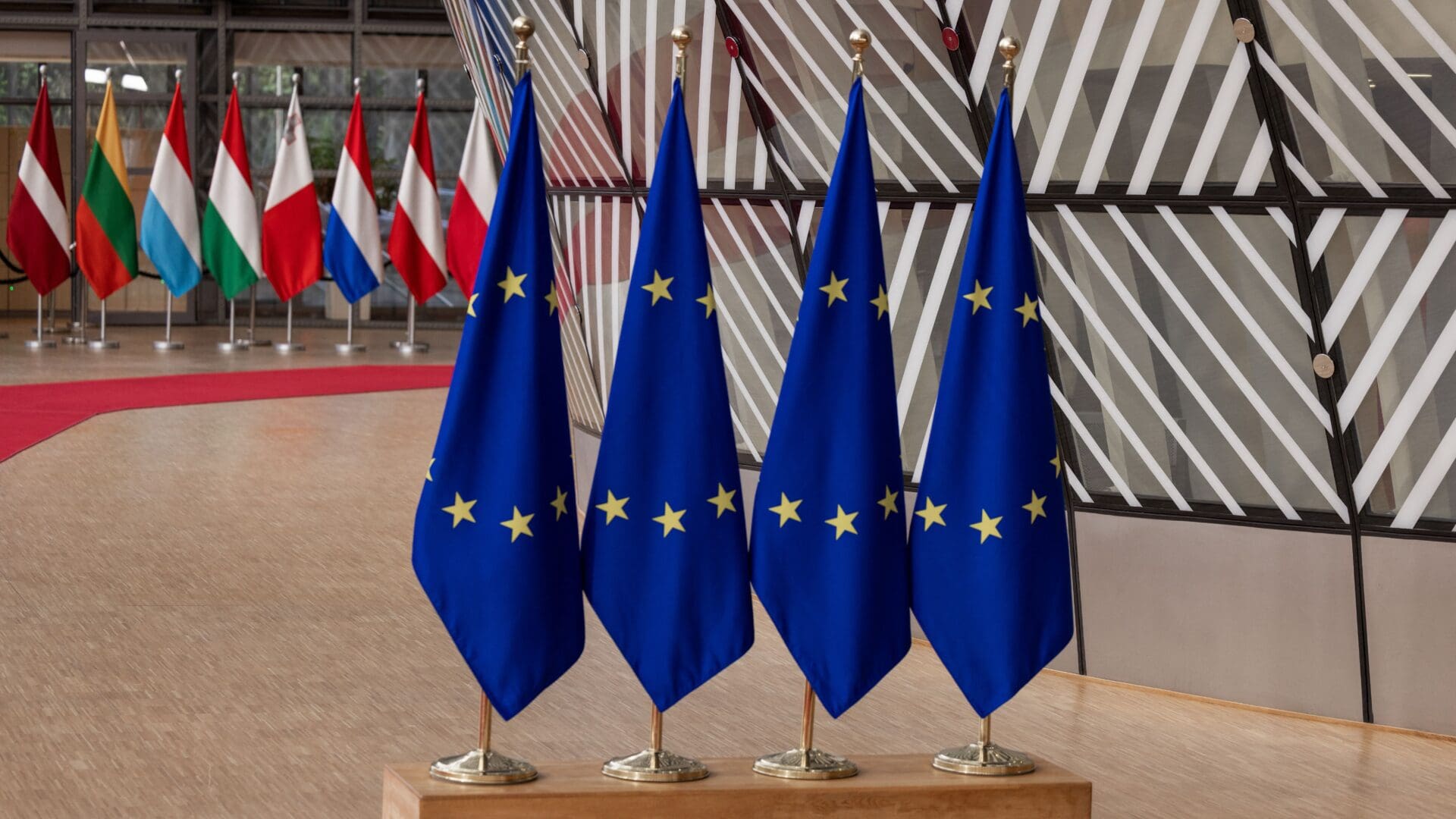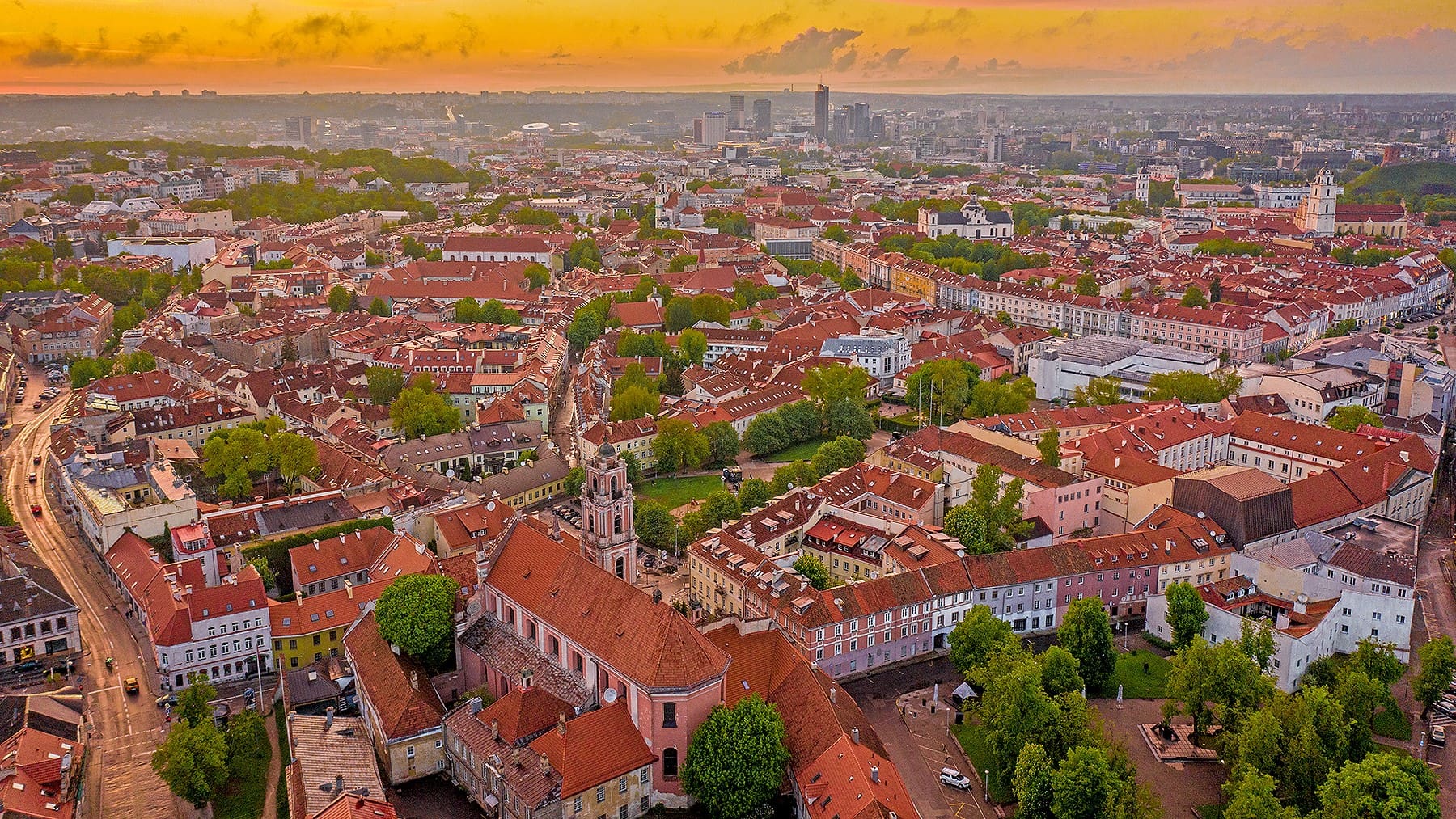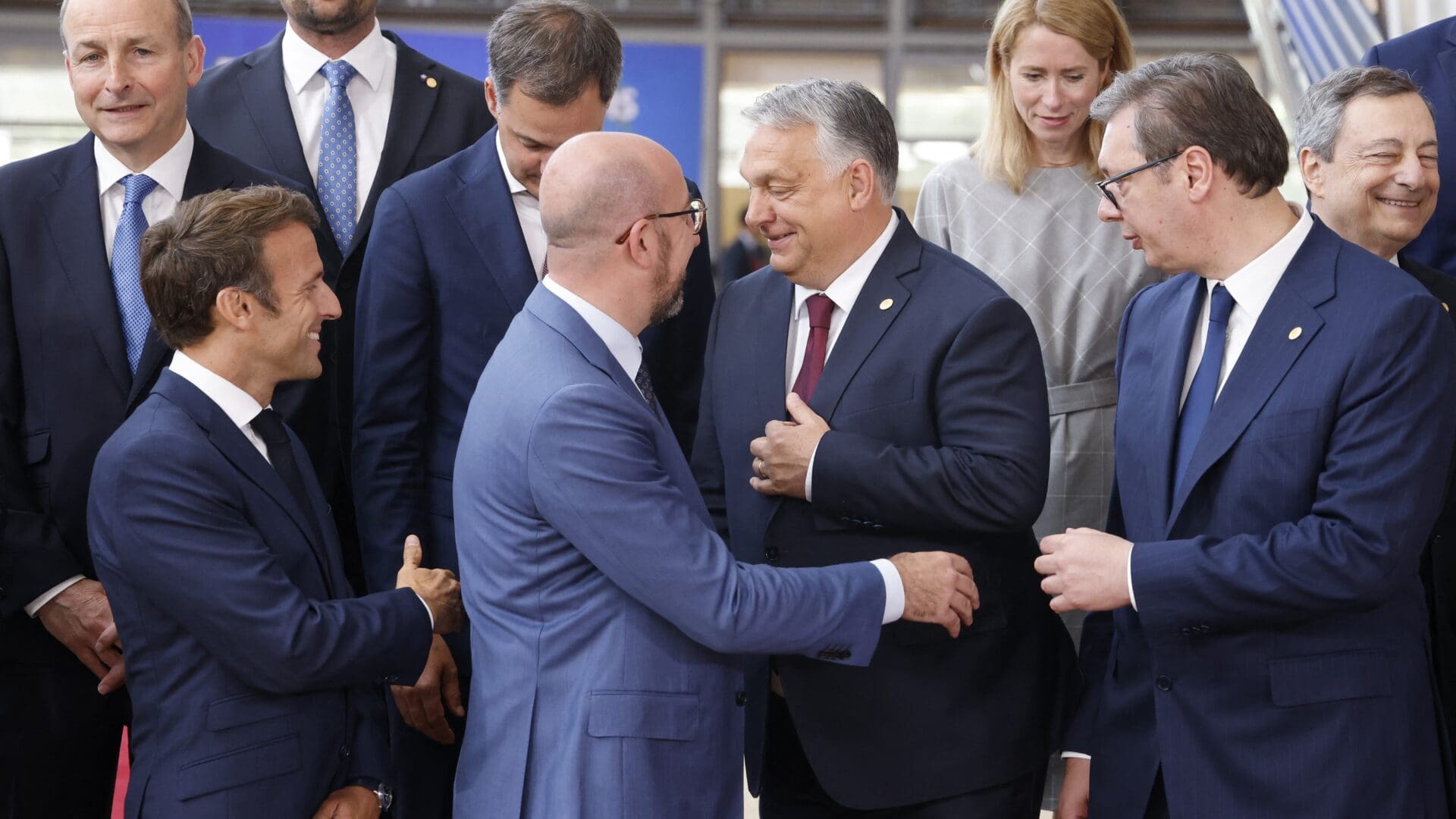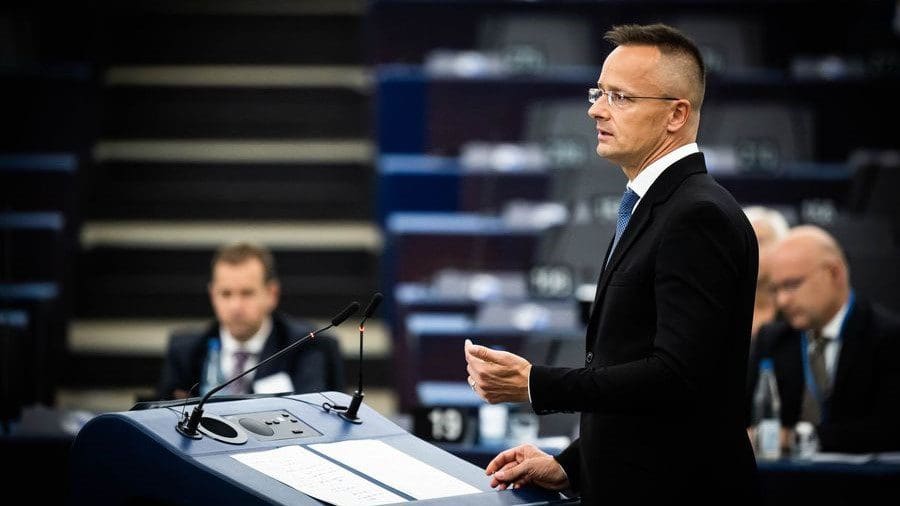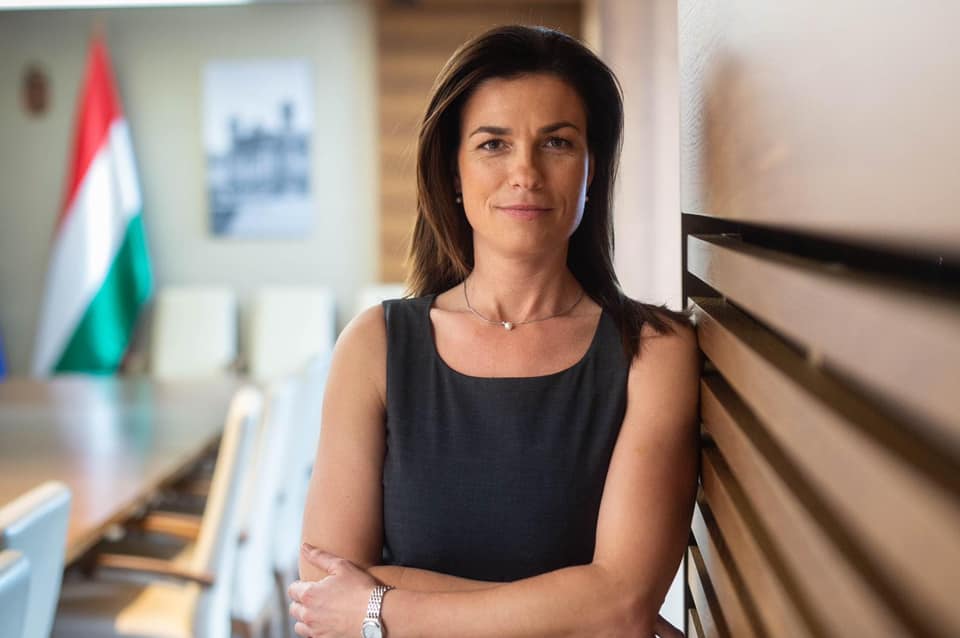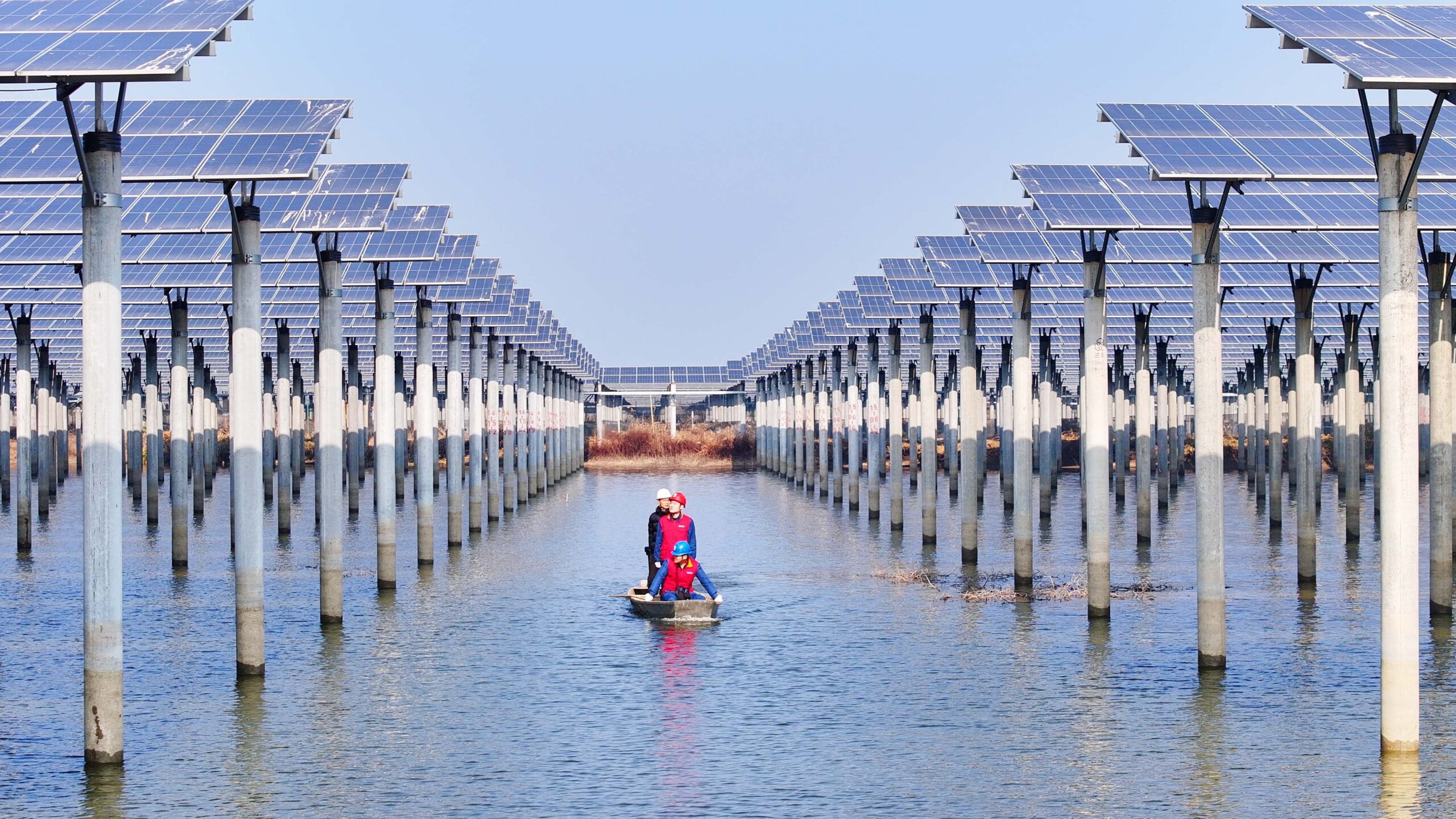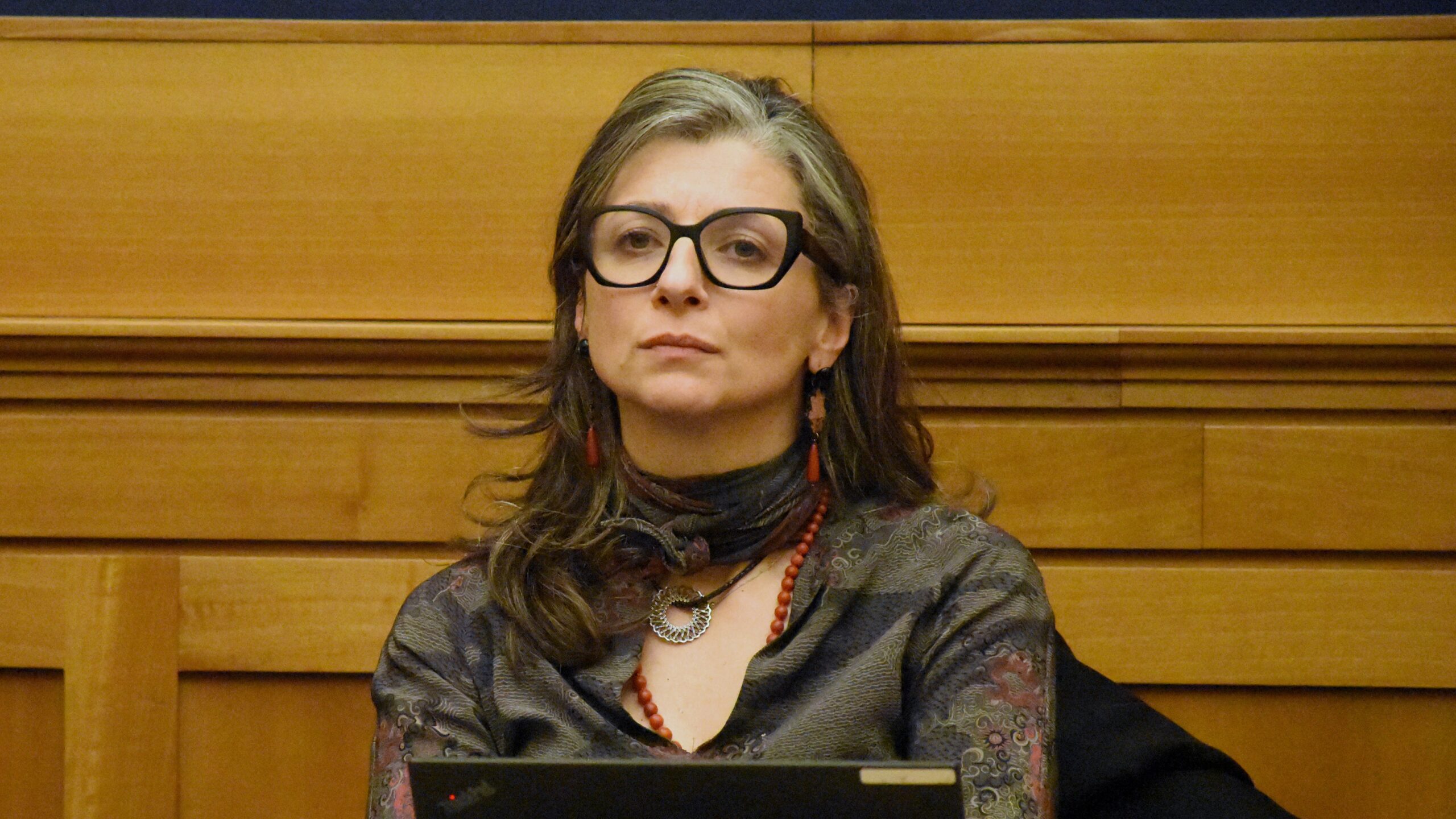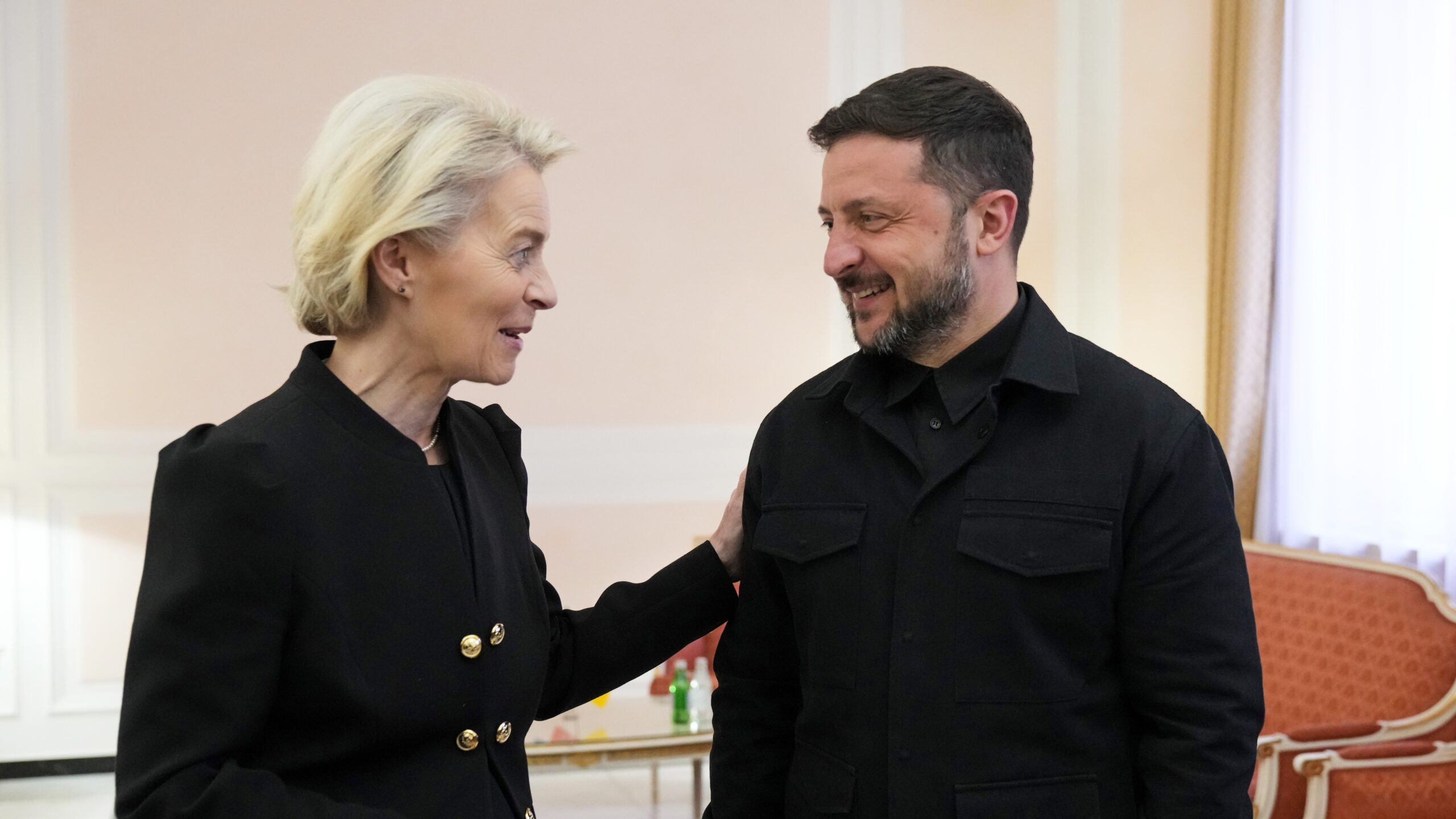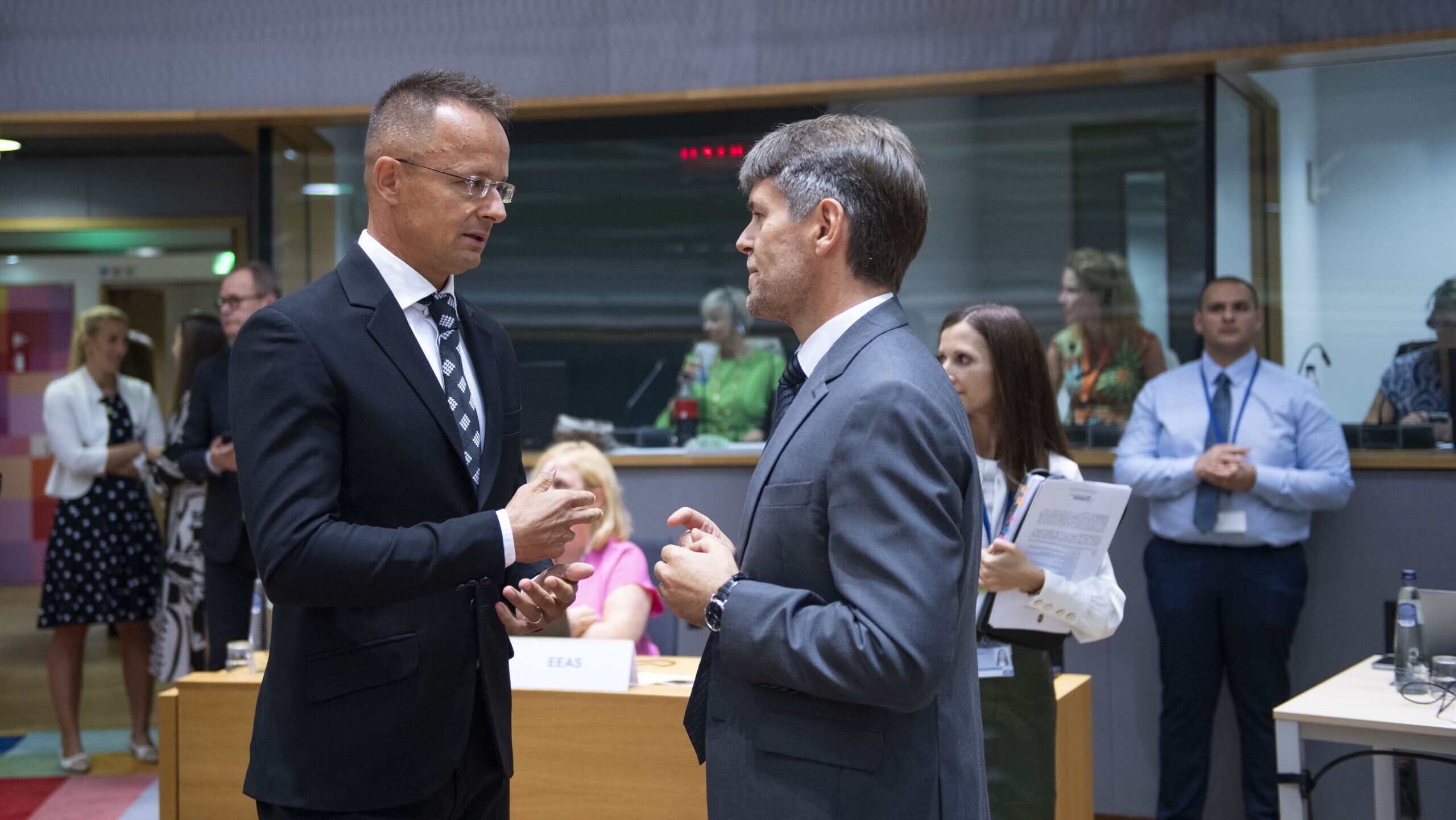
EU Pro-War Foreign Ministers Take Aim at Hungary in Tense Foreign Council Meeting
The informal meeting of the EU Foreign Affairs Council took place amid heightened tensions in Brussels on 29 August. The mood was set by Josep Borrell’s decision to relocate the meeting from Budapest to the Belgian capital as a signal of disapproval of Viktor Orbán’s peace mission. Ahead of the meeting, pro-war ministers issued statements criticizing the Hungarian government, and the tense atmosphere carried over into the discussions in the meeting room.

